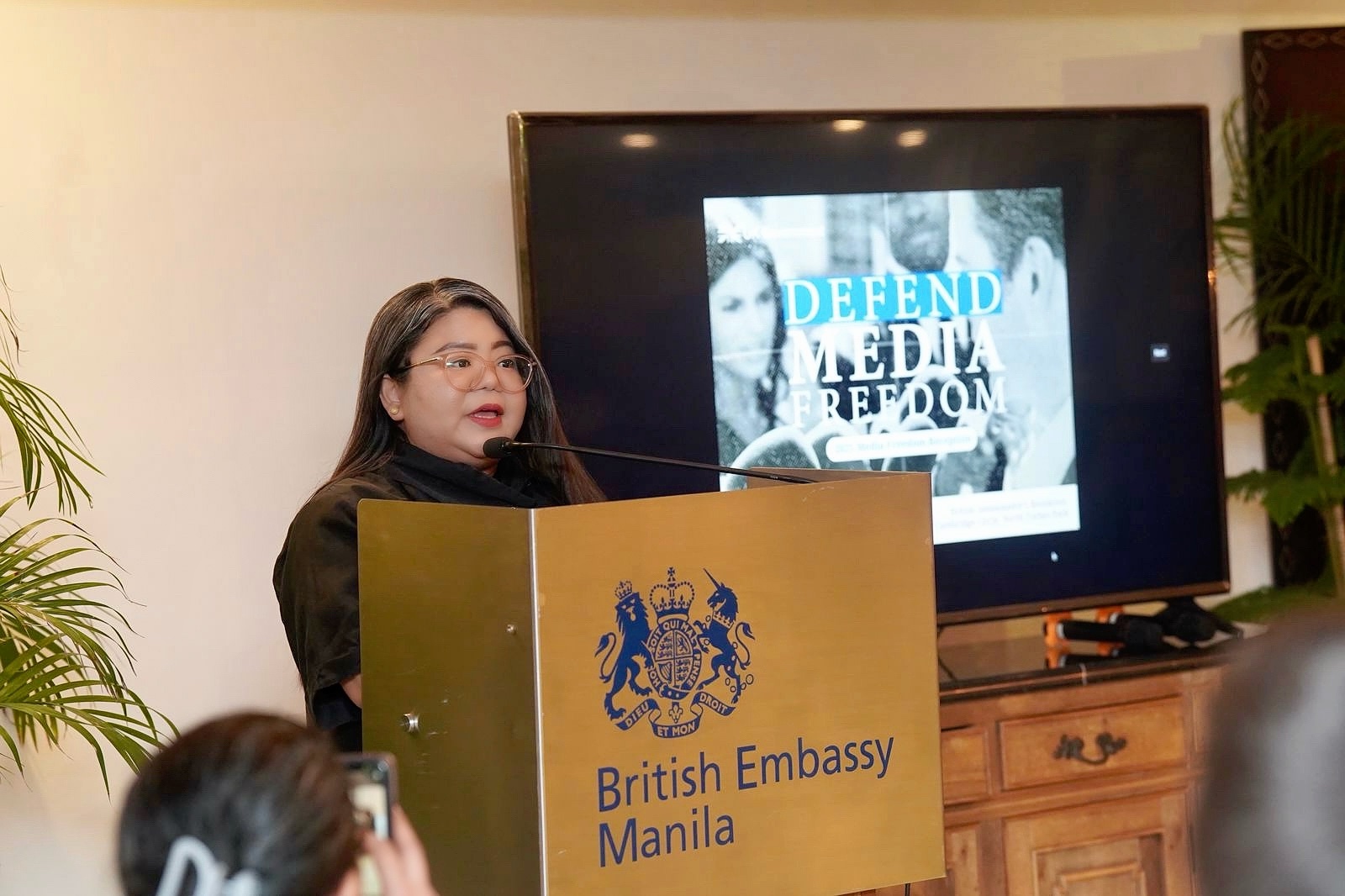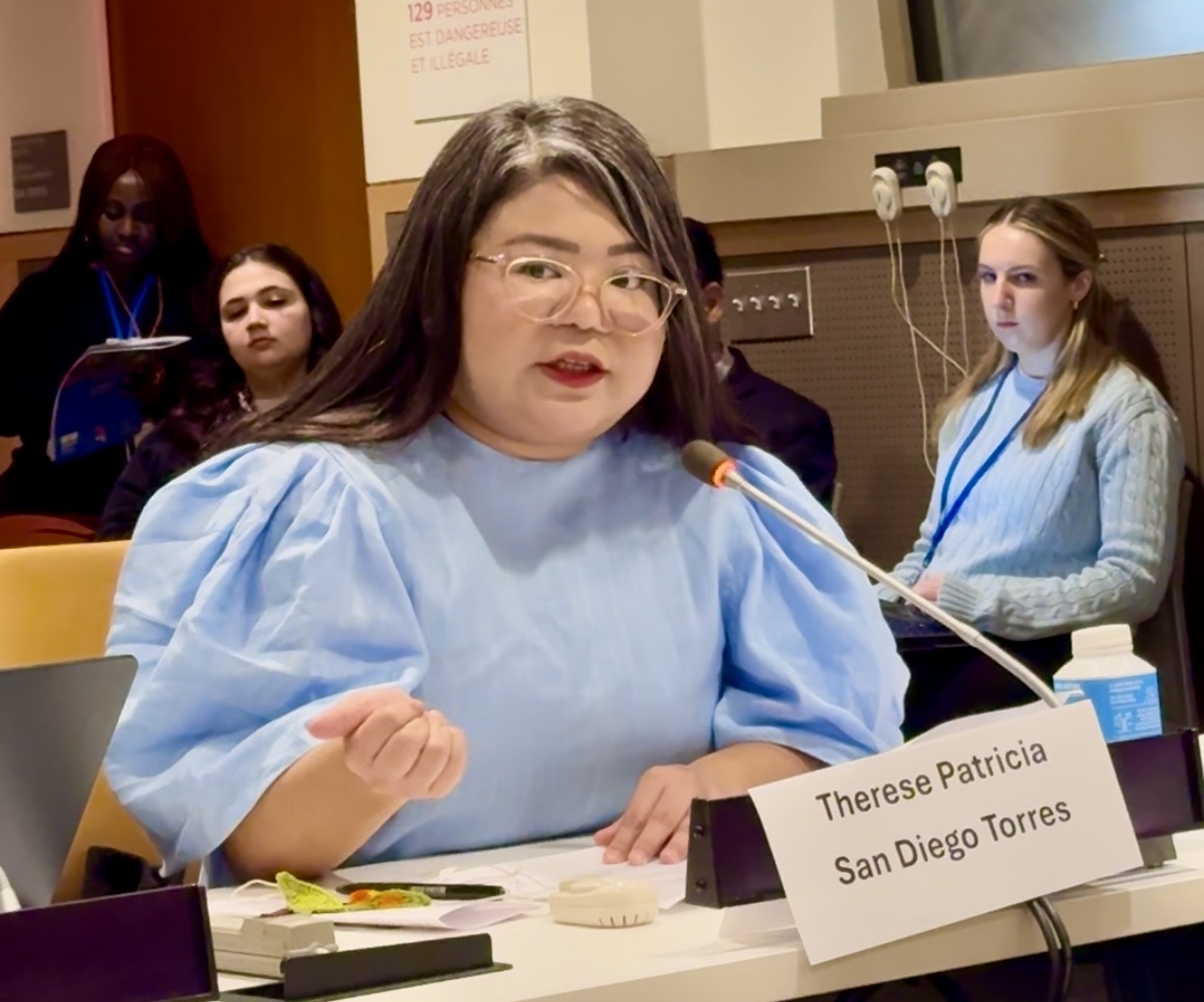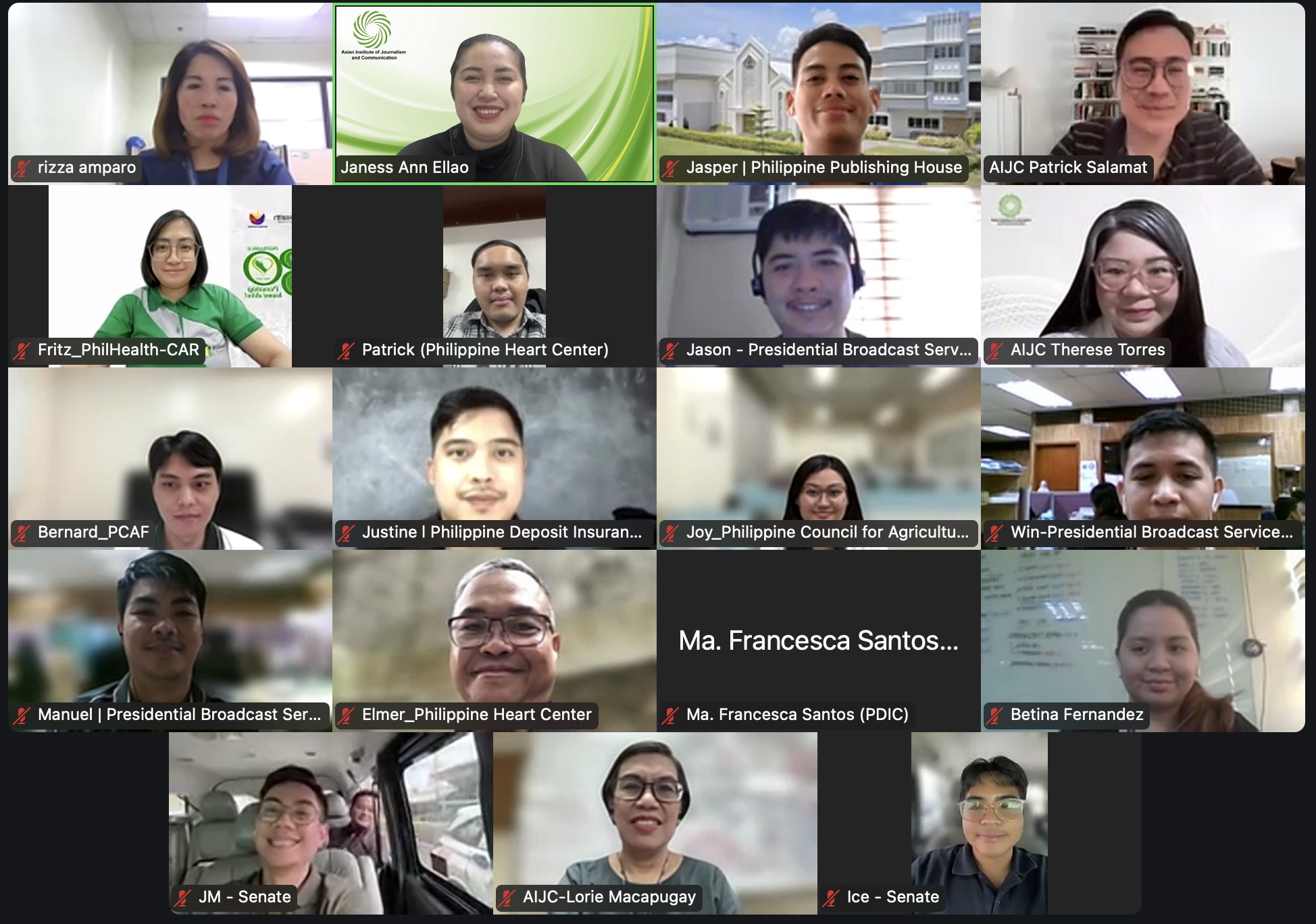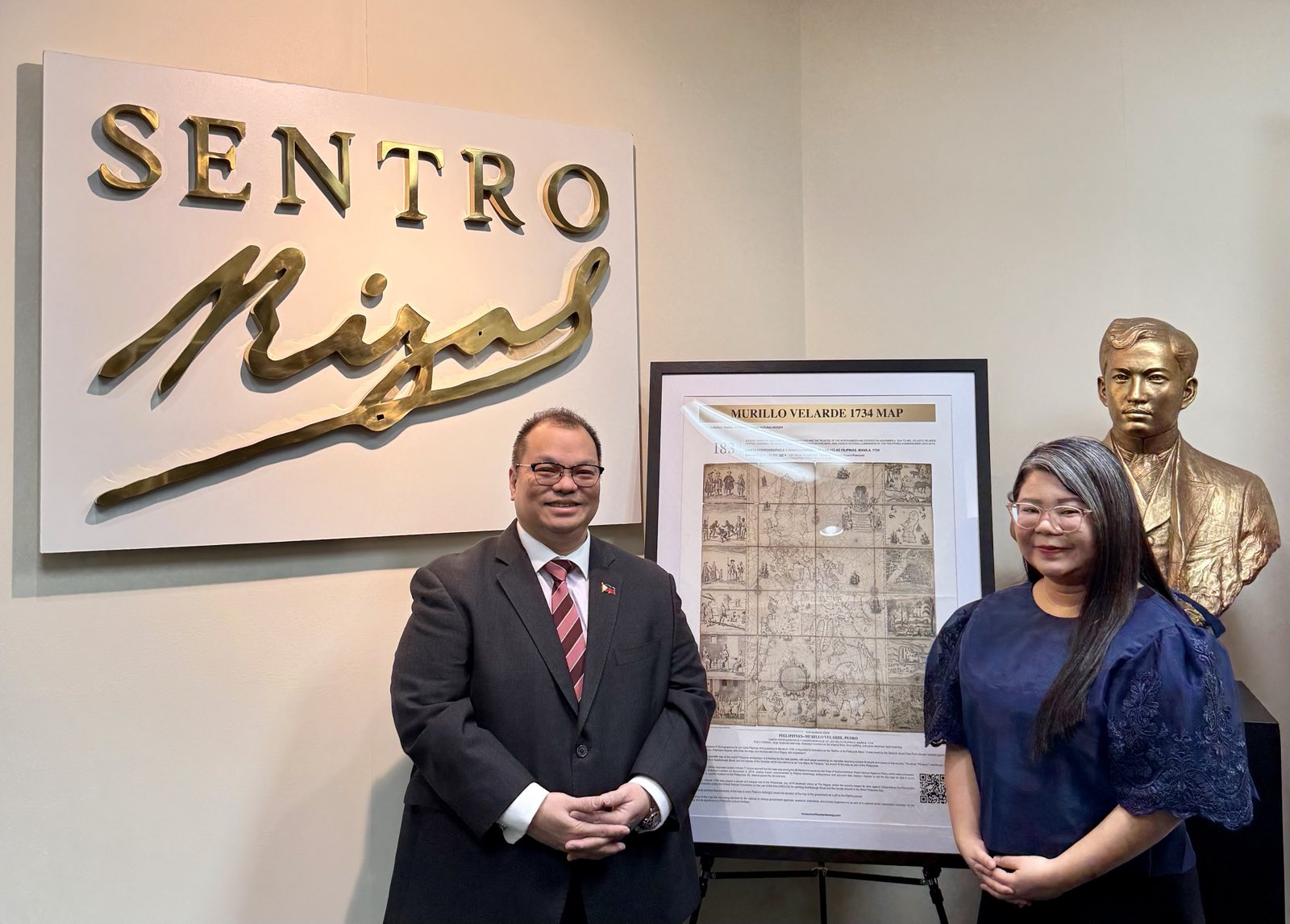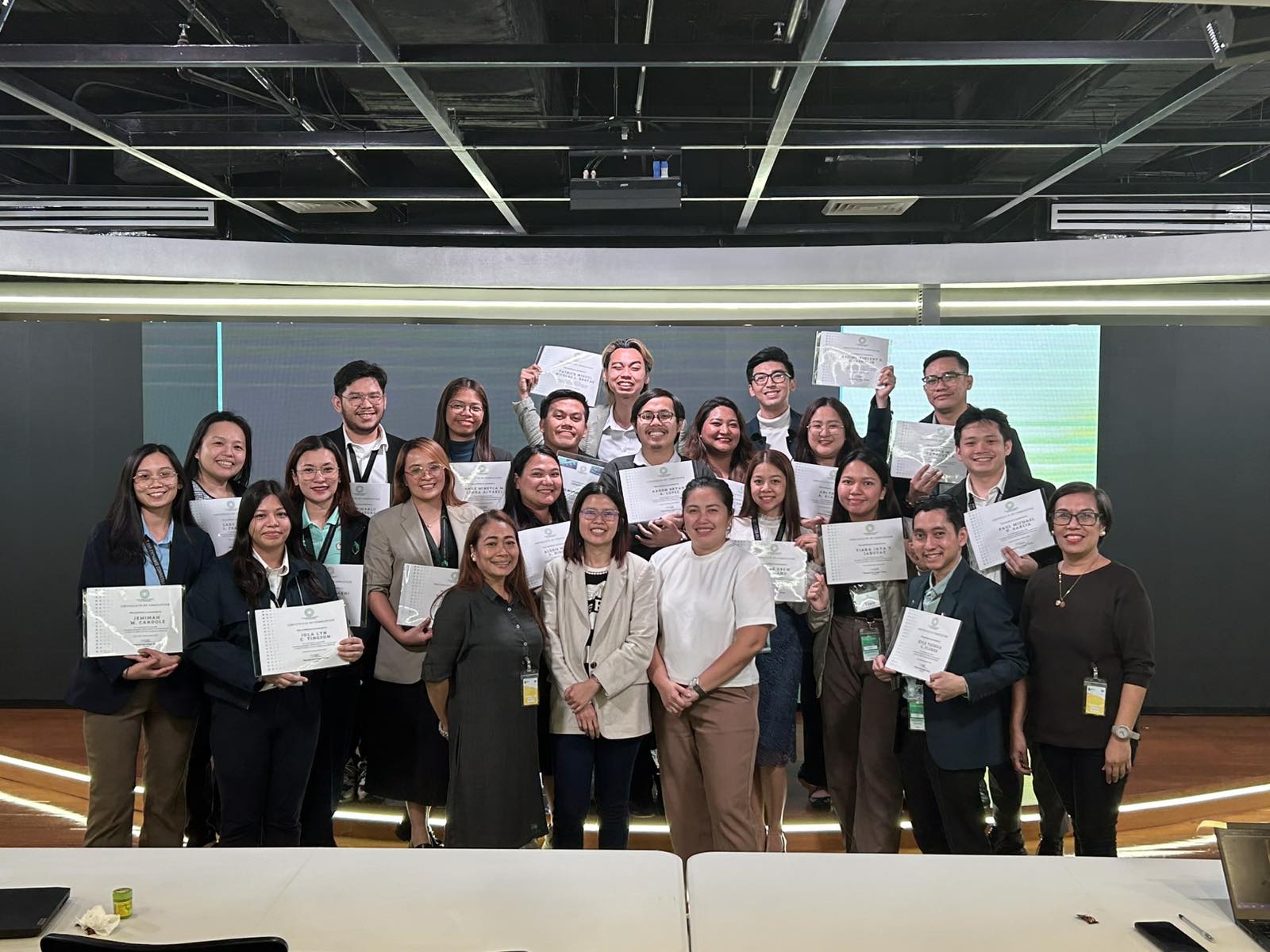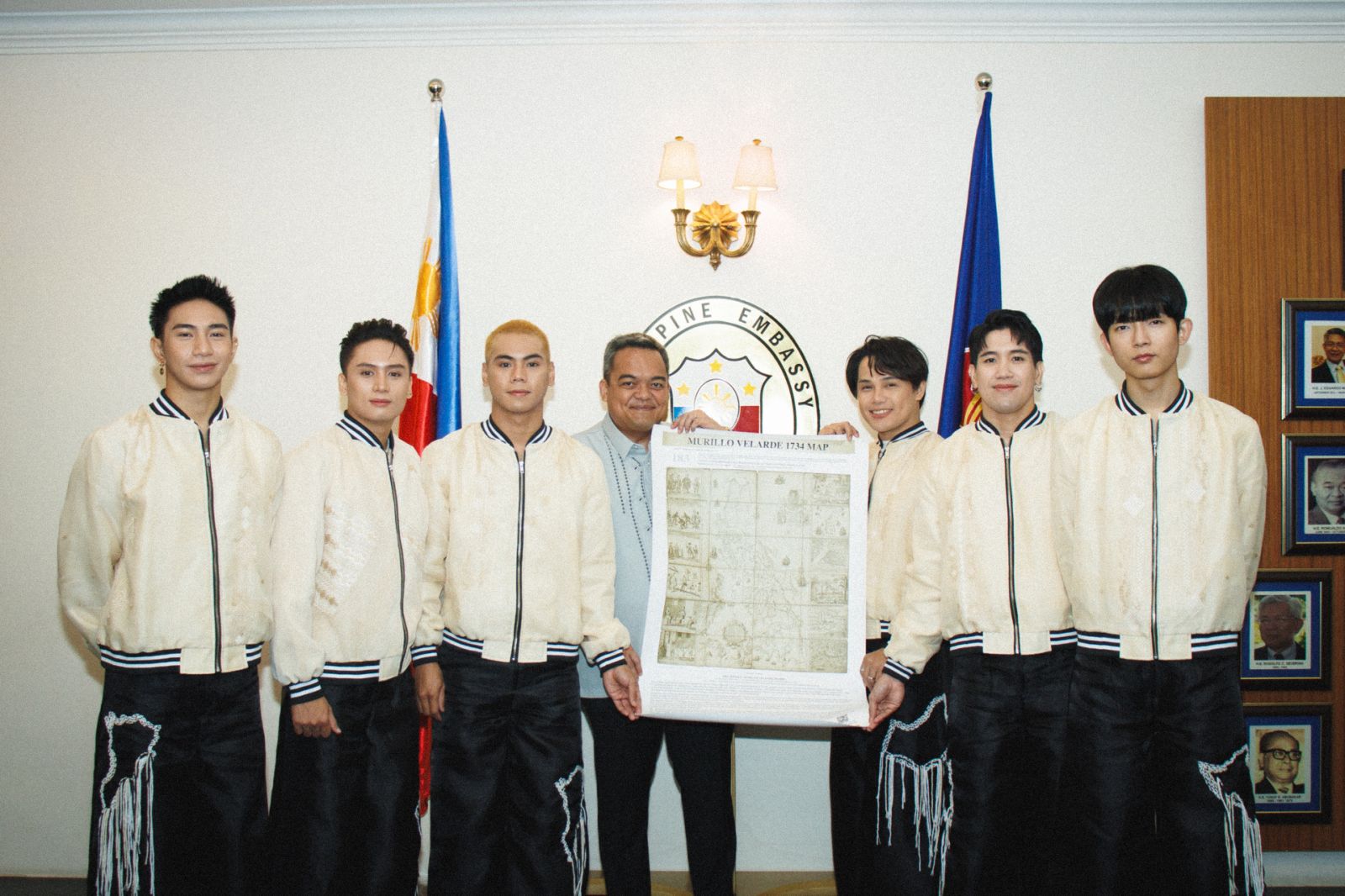
Research, Policy & Advocacy
Vision Statement
AIJC-RPA is a lead service provider for development-oriented research, policy, and advocacy initiatives in collaboration with multilateral and bilateral institutions, government agencies, and civil society.
Mission Statement
AIJC-RPA is committed to advance development and communication advocacies through research, policy and advocacy programs and projects, in partnership with global, national and community-based multi-stakeholders.
News & Announcements

